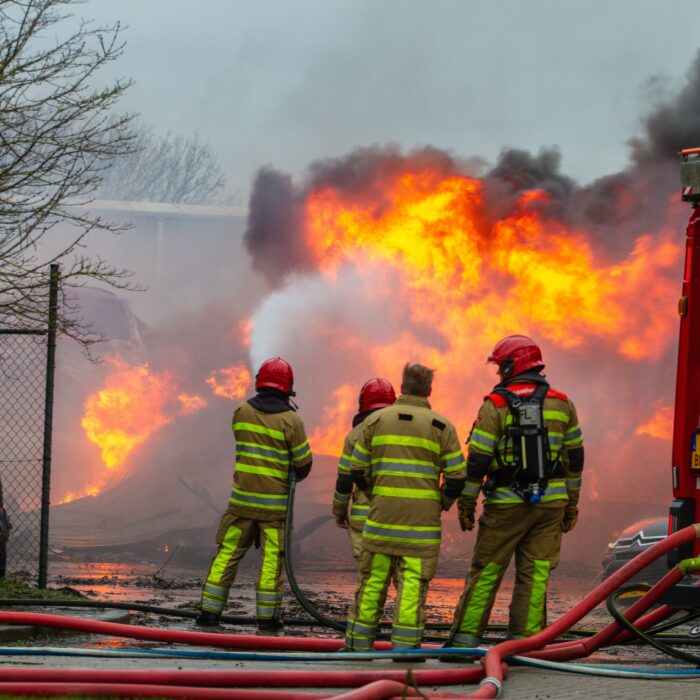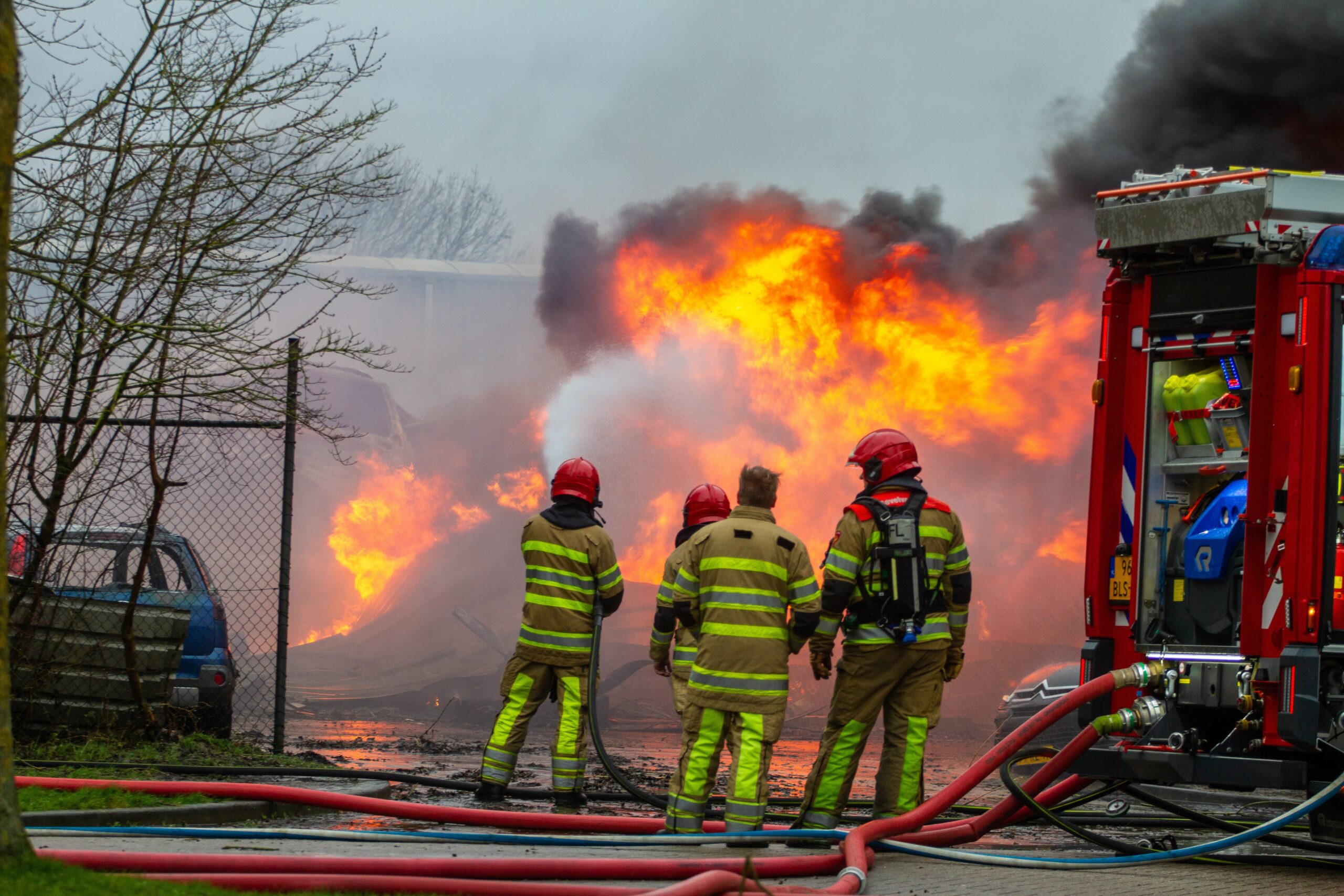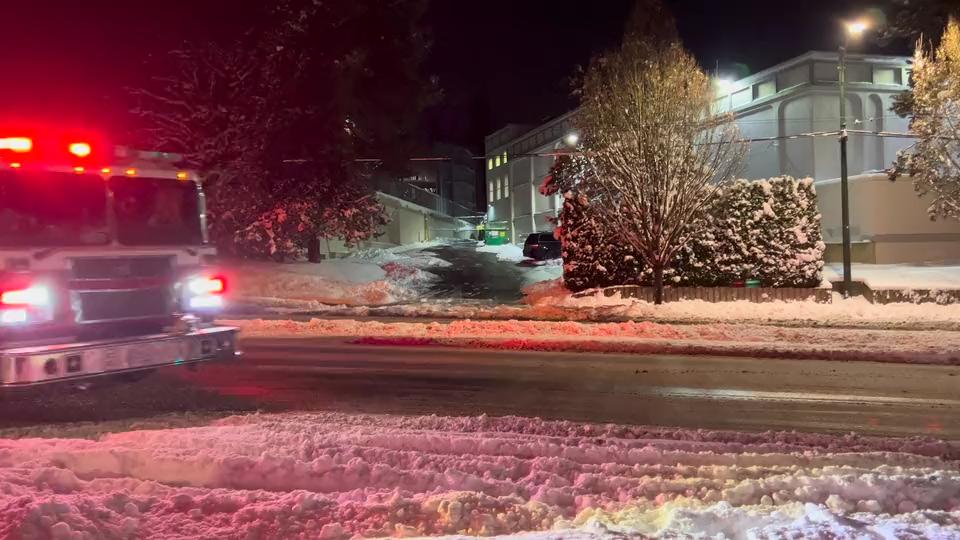Since ancient time, fire has been a source of comfort and catastrophe for the human race. Fire continues to be a basic everyday element of most people’s lives. However, the potency of man’s best friend to turn into his worst enemy cannot be underplayed as improper handling and use of fire has to several accidents in schools, homes, offices, and other public places with very serious repercussions. It is estimated that 150,000 people die from fire or burn-related injuries every year, with over 95% of fire deaths and injuries in low- and middle-income countries. The alarming effects of fire have necessitated stakeholders to return to the foundation to redefine defensive and preventive strategies of curtailing this reoccurring menace. It is not out of context today in Africa to opt for best concurrent safety measures in addressing fire disasters.
1.0 OVERVIEW OF FIRE INCIDENTS IN GHANA
The occurrence of fire disasters is not a new phenomenon in Ghanaian history. The 1983 fire that engulfed Ghana which led to a severe hunger crisis is perhaps the most notable fire reference point in the country. Recently, fire disasters have taken place in public facilities of strategic value. The Kumasi market fire of December 2012 (where over 150 shops were razed down); other places affected by fire are offices of the Electoral Commission, the Ridge Residence of former President Rawlings, ministry of Education amongst many others. Between January and October 2019, Ghana recorded a total of 4623 fire outbreaks. Also, from January to October 2020 a surge to 5355 incidents (representing about 35.6%) domestic rise was reported by Joy Watch.
2.0 CAUSES OF FIRE OUTBREAK IN GHANA
A lot of reasons have been attributed to be factors behind the increasing cases of fire in Ghana. Notably, one of the main causes of fire outbreak is electrical problems resulting from faulty wiring and use of sub-standard electrical fittings. This is even compounded with illegal tapping of electricity from the National grid. Recent cases of fire especially within slums and satellite communities have been attributed to this. Also, smoking is another leading especially during the intense harmattan period where people smoke and carelessly throw away cigarette lids in the open space. More so, naked flames mainly from lighted mosquito coils, electric cookers, coal pots etc is also another leading cause of fire outbreak. This usually start as domestic fire before metamorphosing into a major fire. Other causes will include ignorance, through the indiscriminate and unlawful use of fire triggering materials and substances, then accidents, which occur as either natural or man – induced.
General, a recent report from the Ghana National Fire Service in 2019 shows 75% of fire outbreak in Ghana are caused by smoking, 15% by ignorance, 10% by accident and with negligible part from poor electrical installations.
3.0 IMPACT OF FIRE OUTBREAK IN GHANA
The long term economic and social impact of fire disasters is difficult to estimate. Analysts only give an estimated visible value of findings. This is because of the unquantifiable nature of some resources and the devastating effect of fire. However, Ghana keeps incurring huge losses in terms of property damage and resources lost to fire. In 2012, fire outbreak recorded was 4577 resulting in 295 deaths; the damage was estimated to be GHC 10,321.963. In 2013 approximately 11,000 Ghanaians were affected by fire with loss valued at $7 million. In 2015, fire outbreak of Central Medical Store in Tema and the medical store of the Tamale Teaching hospital affected about 87 people with medical supplies valued at about $2million were lost. In 2018, the Ghana National Fire Service estimated cost of damage to properties in the first quarter of that year to GHC 16 million. Daily Graphic News recently reported that the country recorded 1,021 fire outbreaks in the first quarter of 2021 with a value of GHC 13million.
4.0 CHALLENGES AFFECTING FIRE OUTBREAK RESPONSE IN GHANA
Across the world, some impediments are prevalent in addressing fire disasters. In Ghana, a few of these obstacles have been highlighted below
- CORDINATION/COMMUNICATION: most of fire outbreak response has been marred by poor coordination amongst stakeholders and even within firemen as regards roles and specification. This has been compounded by poor communication within inter – agency synergy in wholly addressing this scourge in Ghana.
- TOOLS/KITS: It has been visibly observed that most of the firefighting equipment (like hoses, smoke masks, flash lights etc.) are worn out and outdated. Members of the public in most cases do support or mend this dilapidated equipment especially at the scene of fire.
- WATER SUPPLY: this is a great problem affecting fire outbreak response in Ghana. In major cases, fire men are left overwhelmed with empty fire tanks or no alternative source of water to hurriedly curtail a fire incidence.
5.0 WHAT HAS BEEN DONE
Ghanaian authorities must be commended for their passionate and selfless service in addressing fire disaster over the years. Even with a general call to do more, the efforts so far is appreciable
RESCUE and EVACUATION: This has been the commendable functional operation of the Ghana Fire Service over the years. Rescue and evacuation of victims especially in emergency situations have been consistent. Factually, authorities have been indispensable in this regard.
INTER AGENCY HARMONIZATION: it is cheering to see that fire operations aimed at identifying and building up strategies and charting ways forward through building strength among key stakeholders in Ghana is increasing and sustaining.
SENSITIZATION: the National fire Service have been embarking on public education aimed at preventing and controlling fire outbreaks in the country. In 2020, the service intensified this through public awareness campaigns in markets, filling stations and the launch of “operation prevent fires, save lives and properties” during the harmattan season.
6.0 RECOMMENDATIONS
- FORMATION OF COMMUNITY FIRE FIGHTERS: this involves training individuals from communities and providing them with necessary equipment to act first in the wake of fire outbreak. Every community should be encouraged to set up its local fire management team with both prevention and control methods against vulnerable residents. This formation can serve as first responders.
- ENFORCING BUILDING CODES: Fire prevention can be achieved by strictly implementing regulations to improve building standards (through provision of emergency fire exits, fire alarm installations, smoke detectors etc). This is to enhance public safety and wellbeing as they affect occupancy and daily economic activities.
- FIRE SAFETY EDUCATION: There should be an urgent intensified public education on fire safety. The Ghanian National Fire Service in collaboration with Ministry of Information, Ministry of Education and National Disaster Management Organization should embark on intensive awareness on safety measures and fire prevention tips since ignorance and negligence contribute to greatly to frequent fire outbreak in Ghana.
- REFORMATION OF INFORMAL SETTLEMENTS: This is the conscious redesigning and interconnecting of settlements to fit in and regularize housing pattern to upgrade areas from high risk or prone zones as a result of congestion or poor planning. Alternative housing pattern with modern housing trends (like accessibility) should be implemented to connect settlements and reduce their fire vulnerability.
- PROVISION OF FACILITIES AT STRATEGIC LOCATIONS: infrastructures like fire stations, steady water stations, active fire protection gadgets are to be carefully provided at strategically mapped out places. This will serve as a back up to existing ones and will ease operations and swift response.
7.0 CONCLUSION
The current spate of fire outbreak in Ghana is a source of public concern. It can get beyond this if concerted efforts are not geared towards not only to control fire but also the frequent outbreaks. It is within our power to safeguard our lives and properties from the devastating impact of fire and sustain planet earth.
Further Reading
1.0 The Chronicle 2013 – Infernos in our Offices: Demystifying the Facts, February 25.p3
2.0 Ghana Surveyor 2015 – Incidence of Domestic Fire Outbreaks in Ghana: Causes and Prevention, 2015: 4(1): 1 -13
3.0 Ghana Times 2013 – Electricity Company of Ghana explains causes of Fire Outbreaks; Ghanaian Times 2013: March 18
4.0 Ghana News Agency 2014 – Smoking is number cause of fire outbreak in Ghana, February 12
5.0 Ghana Statistical Service Summary Report 2012; Fire Risk Vulnerability in Informal Settlements, May 2012
6.0 Ghana National Fire Service (GNFS) Symposium 2012 – Fire Protection and Safety at Kwame Nkrumah University of Science and technology (KNUST) Kumasi, 24-27 March 2012
7.0 National Disaster Management Organization Human Security Report 2013







